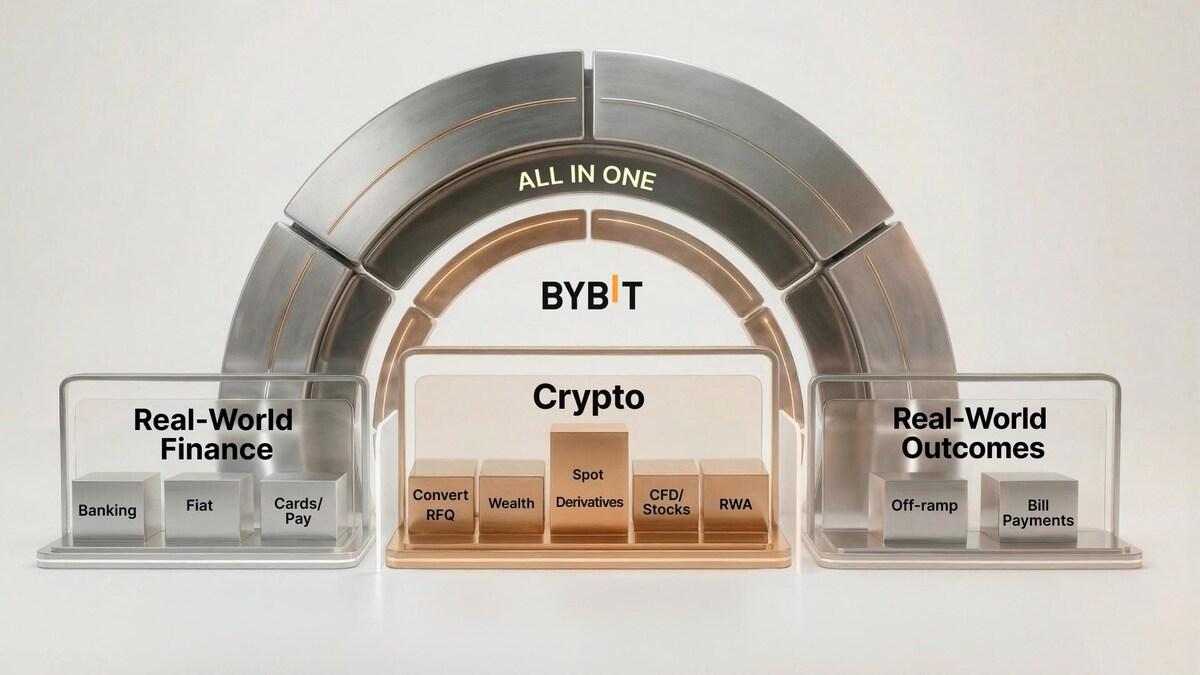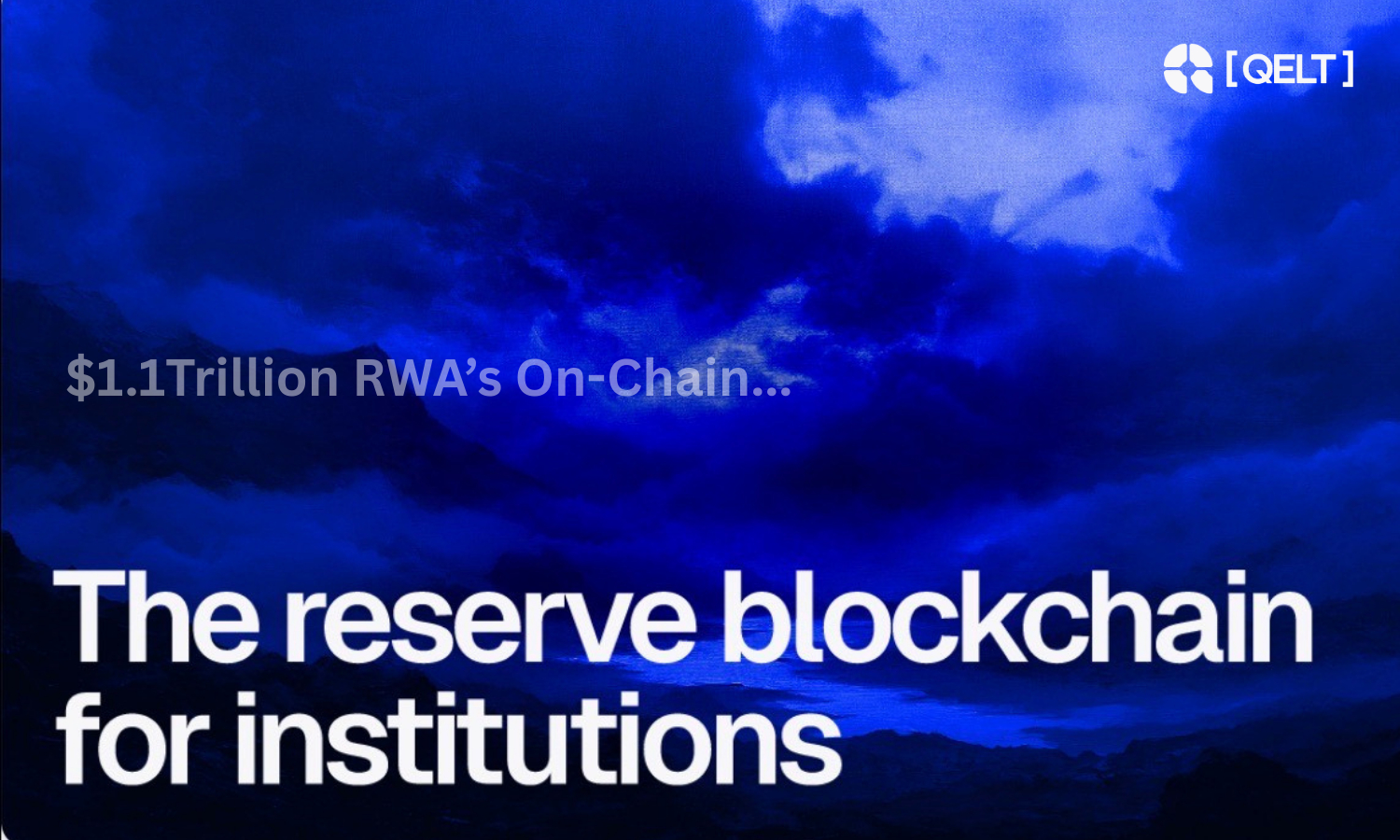Key Points:
- Nigerian government approves national blockchain policy.
- Report predicts blockchain could contribute $1.76 trillion to global GDP by 2030 (1.4% of world’s GDP).
- Policy will establish blockchain-based economy to facilitate secure transactions, data sharing and value exchange among individuals, businesses and government ????
The government of Nigeria, a country that has shown a strong interest in cryptocurrencies like Bitcoin, has taken a significant step towards blockchain adoption with the approval of the National Blockchain Policy for Nigeria.

The approval was granted during a meeting held on May 3, 2023, in response to a memo presented by Isa Ali Ibrahim, the Minister of Communications and Digital Economy.
According to a tweet by The Federal Ministry of Communications and Digital Economy (FMCDE), the National Blockchain Policy for Nigeria was developed after stakeholder consultations in both the public and private sectors. The policy was established on behalf of the federal government of Nigeria in accordance with the seventh pillar of the National Digital Economy Policy and Strategy, which focuses on digital society and emerging technologies.
The blockhain adoption strategy is expected to facilitate the development of the Nigerian digital economy. The policy aims to establish a blockchain-based economy that enables secure transactions, data sharing, and value exchange among individuals, businesses, and the government. The implementation of the national blockchain policy is expected to impact Nigeria’s public and private sectors favorably.

To ensure the policy is effectively implemented, a multisectoral steering committee has been established to oversee the implementation of the policy initiatives. Additionally, the Federal Executive Council has instructed relevant regulatory bodies, such as the National Information Technology Development Agency (NITDA), the Central Bank of Nigeria, the National Universities Commission, the Securities and Exchange Commission, and the Nigerian Communications Commission, to create regulatory frameworks for the implementation of blockchain technology in different sectors of the economy.
The strategy for blockchain adoption includes several initiatives aimed at establishing a consortium for blockchain in Nigeria, strengthening the regulatory and legal framework, promoting digital identity, creating blockchain business incentive programs, fostering digital literacy and awareness of blockchain technology, and establishing a national blockchain sandbox for testing and piloting.
However, that despite this new policy, transactions using cryptocurrency remain illegal in the country, according to a report by Cointelegraph.
The approval of the National Blockchain Policy for Nigeria marks a significant milestone in the country’s journey towards blockchain adoption. The policy is expected to enable secure transactions, data sharing, and value exchange among individuals, businesses, and the government, thereby facilitating the development of the Nigerian digital economy. The implementation of the policy initiatives is expected to be coordinated by the National Information Technology Development Agency (NITDA) under the supervision of the Federal Ministry of Communications and Digital Economy, while a multisectoral steering committee has been established to oversee policy implementation.
DISCLAIMER: The Information on this website is provided as general market commentary and does not constitute investment advice. We encourage you to do your own research before investing.
Join us to keep track of news: https://linktr.ee/coincu
Annie
Coincu News






















